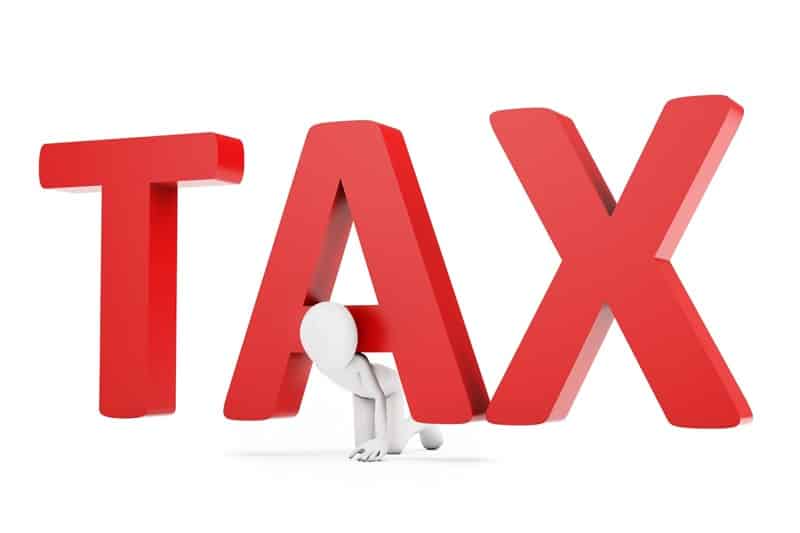Business owners often refer to VAT as if it were a cost to their business regardless of their VAT position; whether they are registered for VAT or not.
If you are not registered for VAT, you do not have to add VAT to your sales and you cannot recover any VAT you pay on purchases. In which case, under these circumstances, VAT is a cost.
If you are registered for VAT, cash you collect from your customers will include VAT – if the sales are subject to VAT – and you will pay the VAT collected (less any VAT you pay on purchases) to HMRC. As you are collecting VAT from your customers, paying VAT on purchases to your suppliers and paying the difference to HMRC, there is no overall cost to your business.
Whilst there is no effect on profitability if you are registered for VAT, if you have to pay over VAT added to your sales before our customers pay our bills then there can be a cashflow issue. Fortunately, HMRC allow those affected in this way to use a special process called cash accounting for VAT. If you qualify for this method, you will only pay VAT added to your sales when your customers pay you, and conversely, you can only reclaim VAT on purchases when you have paid for them.
In which case, VAT registered businesses are unpaid tax collectors.
We are obliged by law to keep our records in a certain way and make payments to HMRC based on strict filing and payment rules.
The government does not compensate us for our time in meeting these record keeping, filing and payment obligations, and we will be penalised for exceeding filing and payment deadlines.


